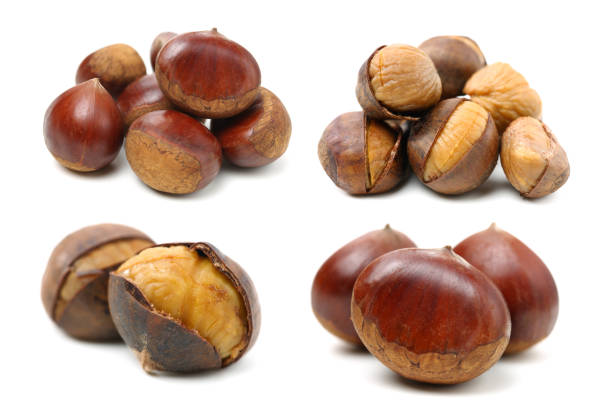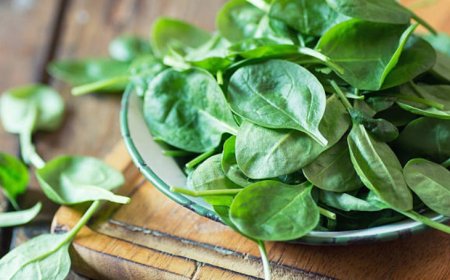Unlocking the Nutritional Bounty of Chestnuts: 5 Remarkable Health Benefits
Embarking on a Journey of Culinary Delight and Wellness with Chestnuts

Yes, here's a blog post listing the top five health advantages of chestnuts:
Unlocking Chestnuts' Nutritious Bounty: 5 Amazing Health Benefits
Since ancient times, people have treasured chestnuts—edible nuts from the chestnut tree—for their distinct flavor, adaptability, and nutritional worth. These lowly nuts, which are frequently connected to fall and winter celebrations, are a great complement to a balanced diet because of their many health advantages. Explore the top 5 health benefits of chestnuts to see why these nutrient-dense treasures should be a part of your diet.

1. Verdant Fiber Source: High in dietary fiber, which is crucial for gut health, are chestnuts. Fiber supports a healthy gut microbiota, eases constipation, and controls bowel motions. One serving of chestnuts supplies around 15% of the daily required dietary fiber.
2. Highly Vitamin C Content: Among nuts, chestnuts are unique as a rare source of vitamin C. Strong antioxidant vitamin C is essential for cellular damage prevention, immune system enhancement, and collagen synthesis in healthy skin and connective tissues.
3. Superb B Vitamin Source: B vitamins, such as thiamin, riboflavin, and niacin, are abundant in chestnuts. These vitamins are necessary for metabolism, neuronal function, and the synthesis of energy. Niacin improves healthy skin and digestion, riboflavin stimulates cell development and repair, and thiamin helps with the metabolism of carbohydrates.
4. Rich in Minerals: A rich source of potassium, magnesium, copper, and manganese are found in chestnuts. Blood pressure regulation depends on potassium, muscle and nerve function is supported by magnesium, energy generation and iron absorption are aided by copper, and antioxidant defense and bone health are supported by manganese.
5. Possible Anti-Inflammatory Effects: Studies indicate that because of the polyphenols and tannins they contain, chestnuts may have anti-inflammatory qualities. These substances could be able to lessen the inflammation brought on by long-term conditions like arthritis, heart disease, and some forms of cancer.

Chestnuts are easy and diverse to include in your diet. They may be crushed into flour for baking, boiled, or roasted. You may use chestnuts as a gluten-free substitute for wheat flour, or you can consume them as a snack or add them to salads, soups, and stews.
Accept the many culinary applications and impressive health advantages of chestnuts. Chestnuts are a real nutritional treasure that should be a part of your diet and cooking because of their high fiber content as well as their wealth of vitamins and minerals.












































































































































































































